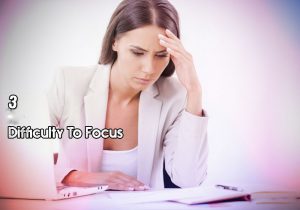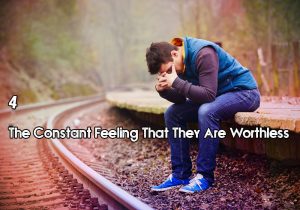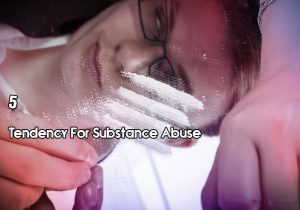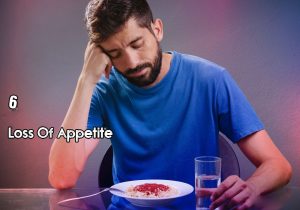7 Signs you may have Depression
or 7 Sign *you or your *spouse or your *Child ….may have Depression
Depression is a disease that can break the very being of a person and it does not have to be caused by PTSD albeit it can be part of it. It is its own mental health disorder.
Below are the signs of depression and they need to be watched for as depression is the leading cause of Suicide- PTSD does not cause suicide but rather depression, that may then lead to Suicide in the worst case senario’s–this is why you need to know about depression (more though than PTSD- PTSD can cause depression that the end result is possible suicide- but more on that below). Suicide is not a disease but a “result” or perceived solution to the depression – a way the person thinks he or she can escape the depression or mental health disorder.
Though about 350 million people all around the world suffer from depression, it still has not been recognized as a serious mental illness in many parts of the world. It’s symptoms are subtle and effects fatal, thus pushing many patients to the brink of death before it is diagnosed. Who knows, even your spouse or child could be silently suffering from it while you are too caught up with life to notice. Do not wait until it’s too late-here are 7 signs that could tell if you, your partner or child is depressed.
1. The Need To Be Alone
Has your loved one recently turned anti-social? When a person is depressed, they yearn to stay isolated. If your partner used to have a lot of friends and suddenly wants nothing to do with them, it could be because he or she is mentally unwell. Other symptoms include cancelling social events at the last minute, boycotting family events, avoiding direct conversations, and developing a pessimistic attitude.
2. Loss Of Interest In Things They Once Loved
When going through depression, people slowly develop an aversion towards all the things they one used to enjoy.They could even end up avoiding their spouses as well as children. This could have serious consequences on relationships. If your partner suddenly starts to show disinterest in you or your children, make it a point to find out the reason behind it.
3. Difficulty To Focus
Depression is known to mess with the cognitive ability of a person. Depressed people tend to lose focus from time to time and have difficulty in remembering stuff. They may also keep tuning in and out of conversations, without knowing what’s really happening around them. If left untreated, this symptom can cause serious cognitive impairment.
4. The Constant Feeling That They Are Worthless
Depression makes the patients feel like they are never good enough. Depressed people are constantly haunted by a host of negative feelings and self-doubt. This can also be accompanied by guilt, hopelessness, and disappointment. This symptom is the major factor that pushes people towards self harm and suicide. *Do not be afraid to asked the person if they are feeling like suicide or have thoughts of suicide-this is not going to push them to do the act but actually maybe get them to open up. 2/3 of all suicides are caused by depression. Suicide is a “result” not a disorder.
5. Tendency For Substance Abuse
6. Loss Of Appetite
Sudden weight loss is a prominent symptom of depression. If you notice your partner develop an aversion towards food- even the dishes they used to love- depression could be creeping in. While going through depression, the lack of a balanced diet leads to unusual and abrupt weight loss, accompanied by fatigue and exhaustion.
7. Insomnia
Though depressed people tend to be exhausted all the time, it does not mean they get a lot of sleep. In fact, it’s exactly the opposite. If your partner keeps turning and tossing in bed night after night for no particular reason, it could be because they are disturbed by countless negative thoughts which keep them awake all night long.
Give them support and get them some help-it is as simple as getting them into their family doctor or walk-in clinic. Don’t get angry or ignore them-this makes it worse. It is difficult for them to ask the dr for help and they don’t always want to. They sometimes will only get help when they hit rock bottom- it seems that they think they can overcome it in the meantime until it hits rock bottom or sometimes they will not get help without your help-forever floundering to the depths of despair to only think the solution may be suicide* to rid them of these feelings.







